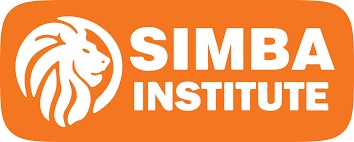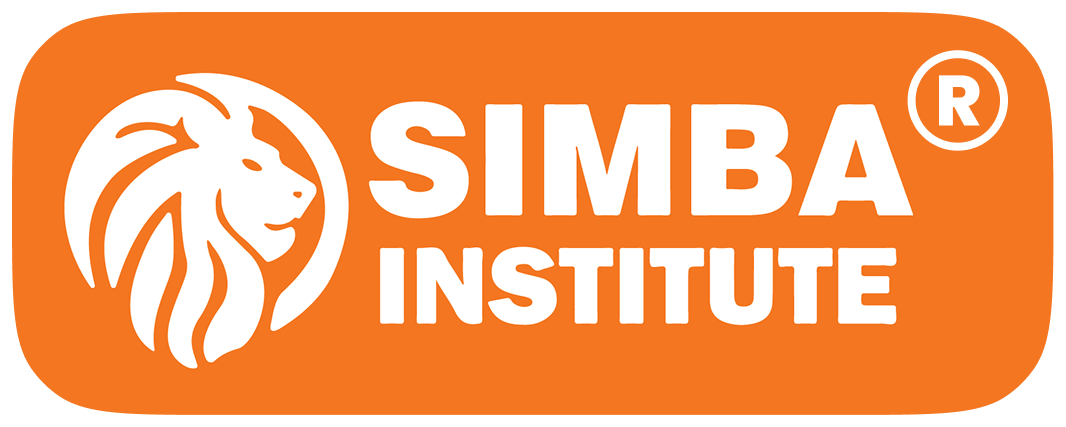Search
People also search for:
What is Digital Marketing: Know its Types, Challenges, and Benefits
What is Digital Marketing: Know its Types, Challenges, and Benefits
- Home
- What is Digital Marketing: Know its Types, Challenges, and Benefits
What is Digital Marketing: Know its Types, Challenges, and Benefits

In today’s hyper-connected world, the way businesses communicate with their customers has transformed dramatically. Traditional advertising avenues such as print, radio, and television still hold relevance, but the digital age demands more agile, interactive, and data-driven strategies. Enter digital marketing – a dynamic field that is reshaping how organizations of all sizes connect with their audiences, build brand loyalty, and drive sales.
If you are considering a career in digital marketing or simply want to understand how it can impact your business, this comprehensive guide will help you explore what digital marketing is, its various types, key benefits, and the challenges that come with it.
What is Digital Marketing?
At its core, digital marketing refers to the use of digital channels, platforms, and technologies to promote products or services to potential customers. It leverages the internet and electronic devices such as smartphones, computers, tablets, and other digital media to reach users wherever they are – whether browsing social media, searching Google, reading emails, or watching YouTube videos.
Unlike traditional marketing, digital marketing offers precise targeting, real-time engagement, and measurable results. Businesses can reach global audiences or focus on niche local markets with remarkable accuracy, all while tracking consumer behavior and campaign effectiveness through analytics tools.
Why is Digital Marketing Important?
The importance of digital marketing cannot be overstated, especially in an era where billions of people are spending hours online every day.
Global reach:
With digital channels, businesses can reach customers anywhere in the world, breaking down geographic barriers.
Cost-effective:
Compared to traditional media like TV or print ads, digital marketing can be far more affordable while offering better ROI.
Measurable:
Every click, view, and conversion can be tracked and analyzed, enabling data-driven decision-making.
Targeted:
Advanced targeting tools allow businesses to zero in on very specific audiences based on demographics, interests, and behaviors.
Real-time engagement:
Marketers can engage with customers instantly, whether through comments, messages, live chats, or social media interactions.
Now, let’s break down the major types of digital marketing to understand how each works.
Types of Digital Marketing:

Search Engine Optimization (SEO):
SEO involves optimizing a website’s content and structure to improve its visibility in search engine results (like Google or Bing). The goal is to rank higher for relevant keywords so users find your site organically.
Key components of SEO:
On-page SEO: Optimizing content, headers, meta descriptions, images, etc.
Off-page SEO: Building backlinks and improving website authority.
Technical SEO: Enhancing site speed, mobile-friendliness, and indexing
Content Marketing:
Content marketing focuses on creating and sharing valuable, relevant, and consistent content to attract and engage a target audience.
Common content formats:
- Blog posts
- Videos
- Infographics
- E books and whitepapers
- Podcasts
Good content builds trust, establishes authority, and nurtures customer relationships over time.
Social Media Marketing:
This involves using social platforms like Facebook, Instagram, LinkedIn, and Twitter, to promote products, build brand awareness, and engage with audiences.
Key social media tactics include:
- Organic posts
- Paid advertising (sponsored posts and campaigns)
- Influencer collaborations
- Community management and social listening
Pay-Per-Click Advertising (PPC):
PPC is a paid form of digital marketing where advertisers pay a fee each time their ad is clicked. Google Ads and social media ads are popular examples.
Benefits of PPC:
- Instant traffic boost
- Targeted audience reach
- Budget control (you can set daily spending limits)
Mobile Marketing
Mobile marketing targets audiences on smartphones and tablets. It includes strategies like:
- SMS marketing
- App-based marketing
- Mobile-optimized websites
- Push notifications
Video Marketing:
Video content is one of the most engaging forms of digital marketing, often used on platforms like YouTube, Instagram Reels, and Facebook.
Video marketing examples:
- Product demos
- Tutorials
- Testimonials
- Webinars
Benefits of Digital Marketing:

Let’s take a closer look at the benefits of using digital marketing – whether you’re a small business owner, marketer, or aspiring digital professional.
Broader Reach:
Access customers from different locations and demographics globally or locally.
Cost Efficiency:
Small businesses with limited budgets can still compete effectively using affordable digital marketing tools.
Measurable Results:
Track performance with analytics dashboards — understand what works and what doesn’t.
Improved Targeting:
Target your ideal customers using demographic, geographic, and psychographic data.
Better Engagement:
Interact directly with customers, answer queries instantly, and build meaningful relationships.
Increased Conversions:
With the right strategies, you can guide prospects through the sales funnel effectively – boosting conversions and sales.
Flexibility and Adaptability:
Modify campaigns in real-time based on feedback or performance metrics.
Challenges in Digital Marketing:
1. Constantly Evolving Technology
Digital platforms, algorithms, and tools change frequently. Staying updated and adapting strategies quickly is necessary to stay competitive.
2. High Competition
The low barrier to entry means businesses of all sizes compete in the same space, making it hard to stand out.
3. Privacy and Data Protection
With increasing concerns over data privacy (GDPR, CCPA), marketers must ensure ethical data collection and usage practices.
4. Content Saturation
Audiences are bombarded with information daily. Creating unique, valuable, and attention-grabbing content consistently is a challenge.
5. Changing Consumer Behavior
Customer expectations shift rapidly. Keeping up with trends, preferences, and behaviors requires continuous research and agility.
6. Measuring ROI
While digital marketing is measurable, attributing results accurately across multiple channels (especially in multichannel campaigns) can be complex.
Why Learn Digital Marketing?
Whether you’re looking to grow your business, switch careers, or upskill, learning digital marketing opens up immense opportunities:
High demand for skilled marketers across industries
Diverse career roles: SEO specialist, social media manager, content marketer, PPC expert, and more
Flexible work options: freelance, remote, agency, or in-house
Entrepreneurial opportunities: launch your own business or digital agency
Digital marketing course :
Simba institute:

- This institute is the best option for your digital marketing career.
- In which your career becomes better.
- Simba Institute also provides online courses.
- Apart from digital marketing, many other courses are also available at Simba Institute.
- My own experience at Simba Institute was ,
- This institute is the best.
- I got training there to take my career further.
- Every question is answered properly.
- The technique of explaining here is also good.
- The practice team is also the best team.
- Internship is also provided.
- They explain in the best way with practical.


